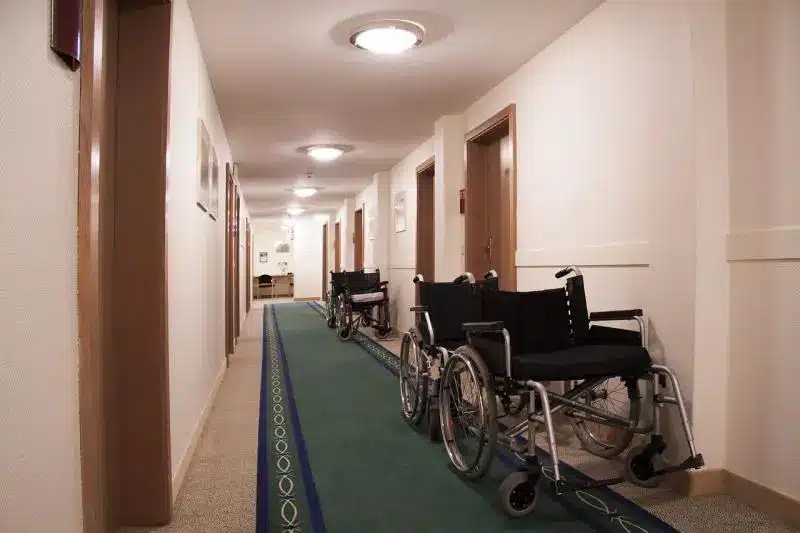Extended hospital stays where a patient is medically ready to discharge but awaiting admission into a Skilled Nursing Facility or Acute Inpatient Rehabilitation continues to be an issue and can lead to revenue loss. AppriseMD recently overturned an inpatient denial for an 11-day hospital stay that was extended awaiting discharge.
CLINICAL SUMMARY: Awaiting discharge to skilled nursing facility
A 54-year-old patient was admitted to the hospital for right hip pain and the inability to walk. The patient had a left total hip arthroplasty and was planning to have bariatric surgery to assist with weight loss and future right hip replacement. A CT showed no hip fracture but possible avascular necrosis of the femoral head. Orthopedics was consulted and recommended outpatient follow-up with a plan for pain control and therapies. Placement in a skilled nursing facility was pending insurance authorization, which extended the hospital stay by two additional days.
The patient has a complex medical history of obesity, lymphedema, hypertension, obstructive sleep apnea for which a CPAP machine was being used, Rheumatoid arthritis, asthma/dyspnea on exertion, gastroesophageal reflux disease and mood disorder. The patient was given naproxen, cyclobenzaprine and oxycodone for pain control.
 DENIED INPATIENT STAY
DENIED INPATIENT STAY
The insurance provider denied the inpatient hospital stay “based on Medicare guidelines” stating that the services request did not meet the requirements for approval. The hospitalization due to hip pain was noted by the insurance company as not a break or a bone, joint or muscle infection requiring IV medication or being severe enough to possibly cause loss of a limb, serious muscle damage or a tissue disorder. It also noted the specialist’s recommendation for outpatient follow-up treatment. An observation level was noted due to the lack of IV medications.
 THE APPRISEMD PROCESS
THE APPRISEMD PROCESS
AppriseMD completed a denial review with the insurance company to discuss the long admission. The discussion included a conversation about the patient’s severe back pain needing ongoing escalation of pain modalities and medications. AppriseMD pointed out that the patient needed SNF but experienced “avoidable days” in the hospital due to placement issues. The denial was rescinded, and an inpatient level of care was approved.
During this extended hospital stay the majority of time the patient was medically ready to discharge. However, inpatient level of care was ultimately based on the initial days of admission and need for medication adjustments and escalating management of oral medications. The encounter will be a DRG payment “defined based on the principal diagnosis, secondary diagnoses, surgical procedures, age, sex and discharge status of the patients treated,” according to CMS. The AppriseMD physician advisor stated, “I believe all the information was factored into the Medical Directors decision to approve inpatient status.”
OUTCOME: DENIAL OVERTURNED

